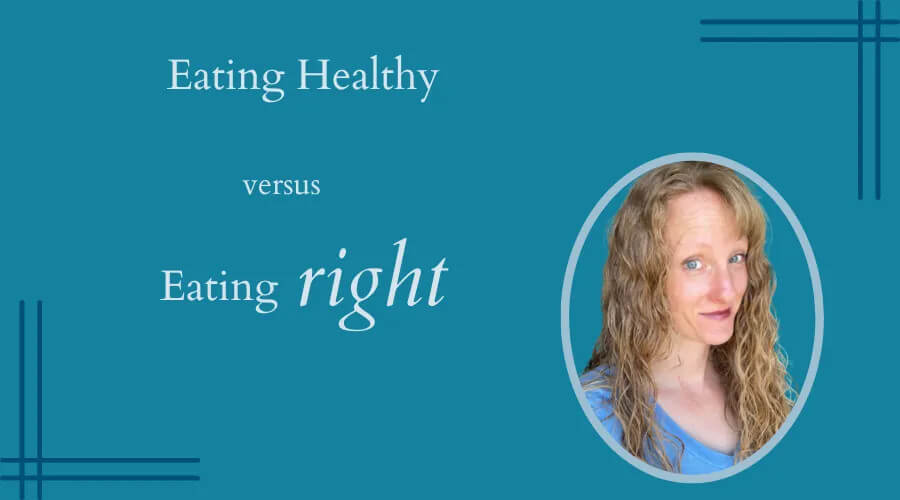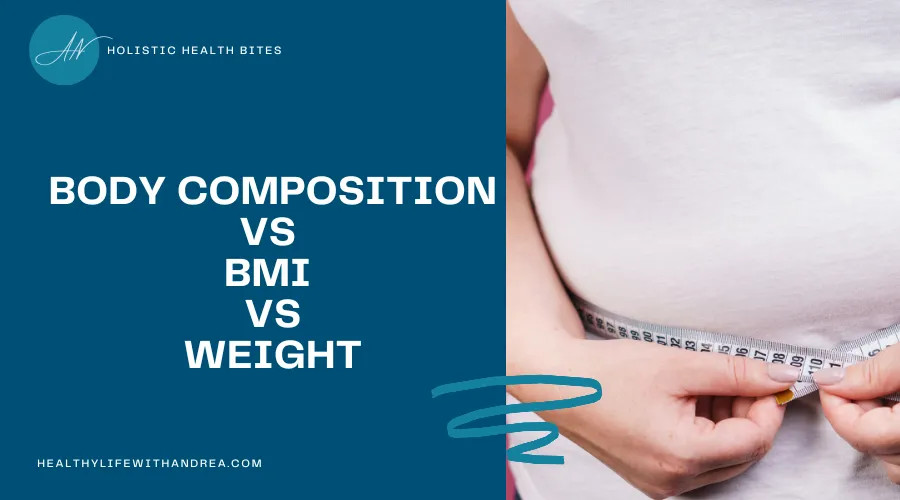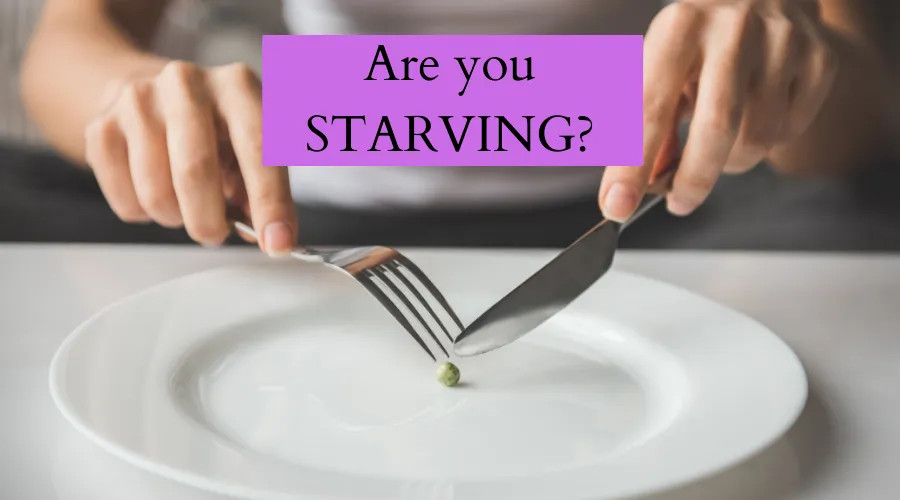
We all know that we should be eating healthy foods, but what does that really mean? Is it the same thing as eating the right foods for your body? The answer is no. Eating healthy foods is important, but it’s not the only thing that matters. You also need to make sure you’re eating the right foods for your body, on the right schedule, and in the right combinations and portions.
Eating healthy versus eating right.
Client 1: Food Sensitivities and Cross Reactions
The first is one of my recent clients who already knew she had a gluten sensitivity – so she strictly avoided gluten. Through functional testing, we found out that she was still having reactions to gluten, even though it wasn’t in her diet. How could that be? Her body was perceiving other foods as one of the gluten proteins, releasing antibodies to gluten – even though it wasn’t present.
Using the information we gathered from her testing, she removed the other foods she was sensitive to and she removed the foods that most commonly cross-react as gluten. This not only eliminated her chronic digestive issues, but she effortlessly lost 18 lbs. The 18 lbs was not all fat – but was fluid retained throughout her body due to the chronic inflammation these foods were causing.
Client 2: Low Blood Sugar and Under Eating
The second client was following a low carbohydrate diet due to a recent prediabetes diagnosis. In her case, she was using a continuous glucose monitor (CGM) to closely monitor her blood sugars throughout the day and night. This is invaluable information that cannot be gathered in any other way. She wasn’t having any overt symptoms of low or high blood sugars, but she was struggling to lose weight.
What the CGM showed was that she was having low blood sugars during the night. This was causing sleep disturbances that she wasn’t really aware of. Armed with this data, we took a look at what and when she was eating. We found that she was under eating overall and consuming very little protein. When she began prioritizing protein and ensuring she hit that intake every day – the low blood sugars immediately stopped, she slept through the night, and ultimately started losing weight.
Client 3: Lacking Nutrients and Consuming the Wrong Foods
The third client is myself a few years back. I was following a very clean, whole food, mostly vegetarian diet but struggled with bloating, gas, acne, and chronic muscle soreness. Through functional testing, I found that I had numerous nutrient deficiencies, blood sugar imbalances, food sensitivities (to foods I consumed daily), and a pretty serious pathogen in my gut. How could this be? I was literally eating nothing but plants!
This was not the best nutrition plan for me to follow. My body needs more protein (specifically from animal sources) and more healthy fat. Plants are neither high in protein or fat. They’re essentially all carbs! My metabolic type did not support these foods in those portions. I was also eating too often, causing blood sugar imbalances and insulin resistance.
With the pathogen, I wasn’t digesting food well. This bug was probably present for many years. One of the main reasons I transitioned to plant-based eating back then was because I didn’t feel well when I ate big portions of meat. I thought that meant my body didn’t do well with meat – but it actually meant I had digestive dysfunction due to low stomach acid and lacking digestive enzymes.
Conclusion
It’s clear that there is a big difference between eating healthy foods and eating right for your body. What works for one person may not work for another, due to food sensitivities, metabolic type, and other individual factors. If you’re struggling to accomplish your health goals, it’s likely that you aren’t eating right for YOU. Functional testing is the fastest way to clearly know what imbalances you have and the quickest route to healing.





















0 Comments